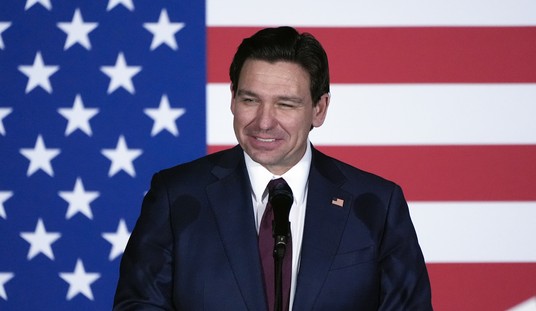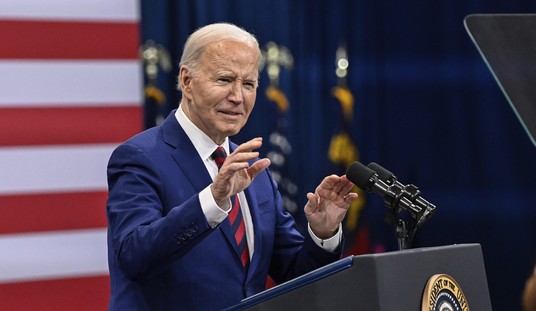In a free market, no one would ever purchase insurance coverage for contraceptives, any more than they would use health insurance to pay for seatbelts or airbags in automobiles. Because of their low cost almost everybody can afford contraceptives and if price is a deterrent they are available for free from local public health authorities or from such private organizations as Planned Parenthood.
Further, how did anyone ever get the idea that people should give up their First Amendment rights when they incorporate? This issue goes far beyond the Hobby Lobby and Conestoga Wood cases now before the Supreme Court. I don't think the federal government should be able to put the executives at Pfizer in jail if they distribute an article from the New England Journal of Medicine describing an off label use of a Pfizer drug. Pfizer executives should have the same free speech rights as anyone else.
But here is a more important reason this issue should be of interest to all of us: why would Congress pass a law mandating free contraceptives but leave people exposed for thousands of dollars of out-of-pocket costs if they need bypass surgery? I have been trying to explain this phenomenon to people for 30 years — ever since I discovered similar anomalies in the British National Health Service.
I call it the "politics of medicine," and it illustrates why government should always play a very limited role in health care and why individual choice and competition should be given maximum reign.
Here is how I explained it in Priceless:
In a typical U.S. insurance pool about 5 percent of enrollees will spend 50 percent of the money. About 10 percent will spend 70 percent. The numbers differ a bit from group to group, but you get the idea: a small number of people spend most of our health care dollars in any given year.Now suppose you are a Minister of Health. Can you afford to spend half of all health care dollars on 5 percent of the voters? (Even if they survive to the next election, they are probably too sick to get to the polls and vote for you anyway!) Can you afford to spend virtually nothing on the vast majority of voters just because they happen to be healthy?
The answer is clearly "no." The inevitable political pressure is to skimp on care for the sick in order to spend on benefits for the healthy. Put differently, the politics of medicine pushes decision makers to underprovide to the sick in order to overprovide to the healthy.
That is why it is easier to see a primary care physician in Britain than it is in the United States, but harder to see a specialist and much harder to access expensive technology. In the 1970s, the British invented the CAT scanner and for a while supplied half the world’s usage (probably with government subsidies). But the NHS bought very few CAT scanners for use by British patients. The British also invented renal dialysis (along with the United States), but even today Britain has one of the lowest dialysis rates in all of Europe.
Similar observations apply to Canada, where services for the relatively healthy are ubiquitous and expensive technology is scarce. PET scans, for example, can detect metabolic cancer about a year earlier than MRI scans. At last count, the United States had more than 1,000 PET scanners, while the Canadian Medicare system had only about 18!
Recommended
These same political pressures can be found in the U.S. health care system:
In the U.S. Medicare program, policymakers achieve through patient cost-sharing what other countries achieve through the rationing of services: they punish the sick in order to reward the healthy. For example, although basic Medicare pays for many minor services that most seniors could easily afford to purchase out of pocket, it leaves the elderly exposed to thousands of dollars of catastrophic costs. (This is exactly the opposite of how insurance is supposed to work.)When the federal government began regulating Medigap insurance (which fills the gaps in Medicare), Congress forced insurers to follow the same pattern. Medigap must pay small bills, but seniors can still experience thousands of dollars in out-of-pocket costs.
The pattern is repeated in the new Medicare prescription drug program (Part D). A "donut hole" exposes the relatively sick to significant out-of-pocket expenses for no other reason than the political desire to provide first-dollar coverage to the relatively healthy.
Consider a similar pattern in the Affordable Care Act. Every senior is entitled to a free wellness exam (of almost no medical value), while continuing to be exposed to large catastrophic costs. Younger people are required to have insurance that has a long list of preventive services with no deductible or copayment while being left exposed to more than $6,000 of catastrophic expenses in some cases.
Bottom line: when politicians choose health insurance plans, rational insurance is impossible.

























Join the conversation as a VIP Member